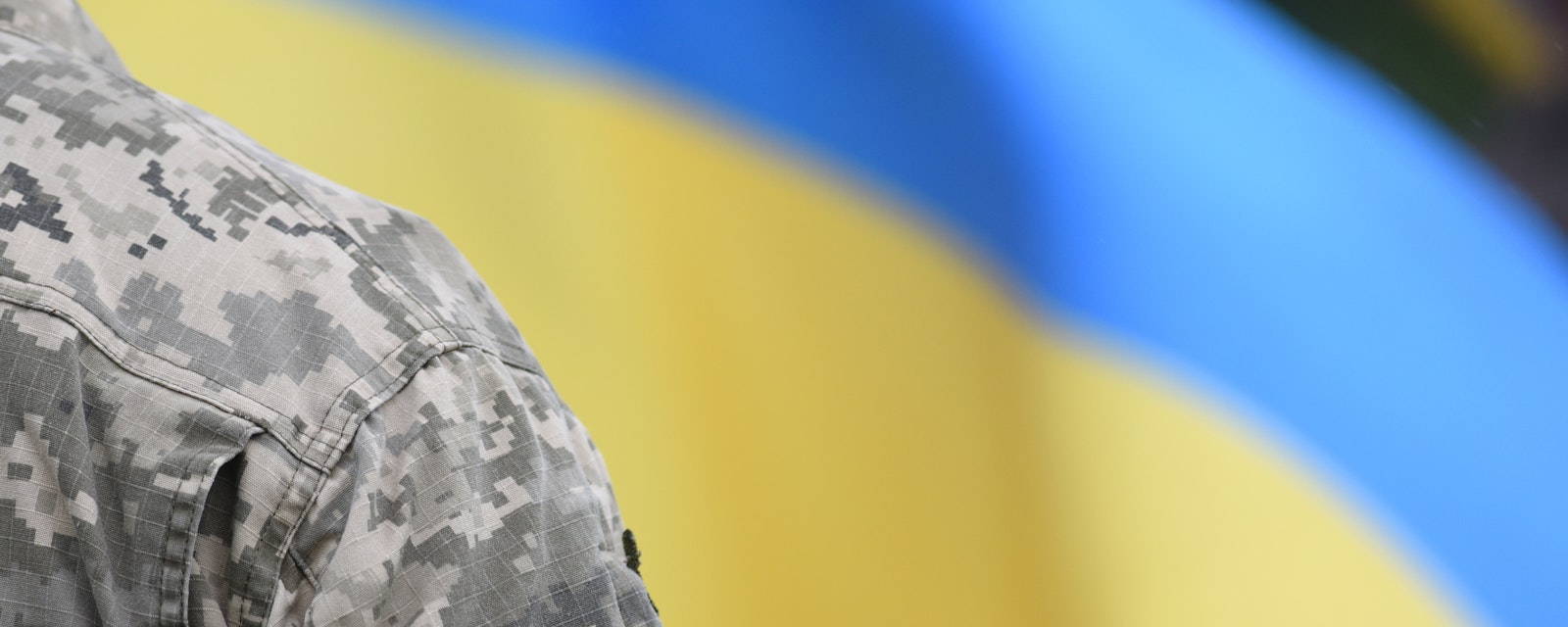Russia’s recognition of the self-proclaimed republics in Donbas as independent states give Moscow multiple options and make their return under Kyiv’s control very unlikely in the foreseeable future.
An important signpost to watch is Russia’s interpretation of the borders of LPR and DPR, which have claims over territories in Donetsk and Luhansk that are under Ukraine’s control. While the Kremlin’s latest action will trigger limited Western sanctions for now, it might lower the threshold for more severe restrictions in the future. President Vladimir Putin’s focus on historical grievances and long-term geopolitical considerations suggest that he might have a greater tolerance for short-term losses associated with significant military action.
Following a highly choreographed meeting of the Security Council – a constitutional advisory body on national security and strategic issues – President Vladimir Putin on 21 February recognized the independence of the self-proclaimed Luhansk and Donetsk People’s republics (LPR and DPR), which have been led by Moscow-backed proxies since 2014. Shortly afterwards, Putin announced the deployment of Russian peacekeepers in these territories and submitted for parliament’s ratification two cooperation treaties, which among many things allow Russia to build and use military bases in these territories. Putin sought to explain the decision to recognize the independence of LPR and DPR – as well as his understanding of relations with Ukraine and the West – in an address to the nation.
The recognition of LPR and DPR as independent states is not surprising as it follows a non-binding resolution in the State Duma last week calling for such action; it also follows repeated claims by Russian officials of alleged human rights violations and even “genocide” perpetrated by Ukraine in these territories. Putin’s decision to recognize the LPR and DPR is a major strategic shift in the Kremlin’s approach to the dispute in Donbas and marks the Kremlin’s official departure from supporting the Minsk II Agreements—the legal basis of all ceasefires since 2015 and the basis that preserved Ukraine’s territorial integrity. The reintegration of these territories into Ukraine – which under international law remain an integral part of the country – is now virtually impossible. Moscow’s decision also paves the way for Russia to substantially increase its official presence in LPR and DPR. At the same time, the status of these territories will continue to serve as an obstacle to Ukraine's NATO aspirations.
Looking ahead, the question is what does yesterday’s move by Putin mean? The bottom line is it means what the Russian president wants it to mean. As previously indicated, Putin likes to maximize his options and this latest move expands his menu. The recognition of the LPR and DPR could provide the basis for a limited show of military power, possibly aimed at creating a security cordon along the heavily fortified line of control separating the separatists from Ukrainian forces. Any flare-up along the line of contact – accidental or manufactured – could be used as an excuse to escalate. Another option is to try to freeze the new status quo, just like it happened in the breakaway regions of Abkhazia in Georgia and of Transnistria in Moldova. Alternatively, Putin could acknowledge the claim of the separatist authorities to the entirety of the regions of Donetsk and Luhansk (collectively known as Donbas) and send Russian troops across the longstanding line of contact, which would mean all-out war. Moscow could also hope that Ukraine miscalculates (like Georgia did in 2008) and decides to fight the Moscow-backed separatists in two regions: the perfect pretext for additional military action and plausible deniability of culpability.
Limited sanctions for now
Russia’s latest moves will likely trigger limited sanctions from the West in the near term. The US has already outlined plans to prohibit US persons from investing, financing, and trading with LPR and DPR. The EU and UK are likely to follow suit in addition to restrictions on some individuals and entities responsible. While these initial restrictions could be supplemented by other targeted measures, the Western allies, for now, appear committed to refrain from imposing “swift and severe” economic and financial restrictions in order not to weaken their deterrence against potential Russia’s military action against Ukraine.
What drives Putin?
Finally, Putin’s fiery and bitter speech last night once again showcased his peculiar interpretation of history as well as relations with Ukraine and the West. Putin has reiterated his view that Ukraine is essentially an integral part of Russian “history, culture and spiritual space”, while its creation was an (unfortunate) result of actions taken by Russian authorities in the early 20th century. He warned that unless Kyiv stops its alleged hostilities in Donbas, it will be “entirely responsible for the possible continuation of bloodshed". The Russian president blamed the West, particularly the US and NATO, for their long-lasting attempts to undermine Russia and ignore its interests; he threatened with “retaliatory action” if the West continues to ignore Moscow’s proposals on security guarantees.
The recognition of LPR and DPR and Putin’s speech do not significantly alter Moscow’s options towards Ukraine. However, the content and ominous tone of the speech raise a concern that Putin’s actions might be driven by seeming genuine historical grievances and long-term geopolitical considerations. In such a case, Putin might be more willing to tolerate short-term losses associated with significant military action against Ukraine if he believes that such action could boost Russia’s geopolitical standing and security in the long term. Such consideration might pose a risk not only to Ukraine but also to other post-Soviet countries, not excluding the NATO member states, for example, in the Baltics.




